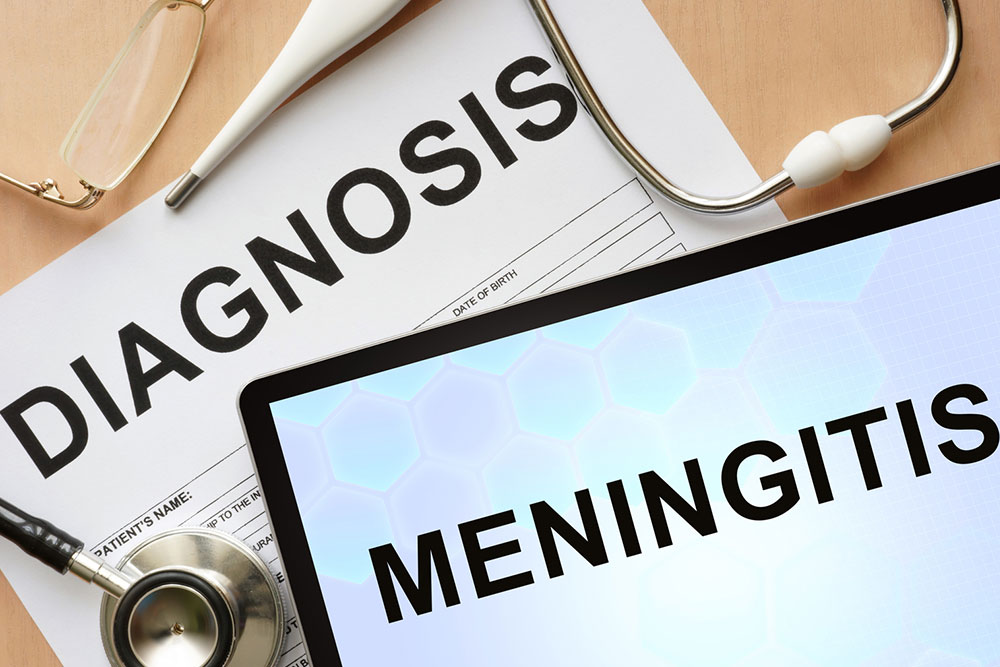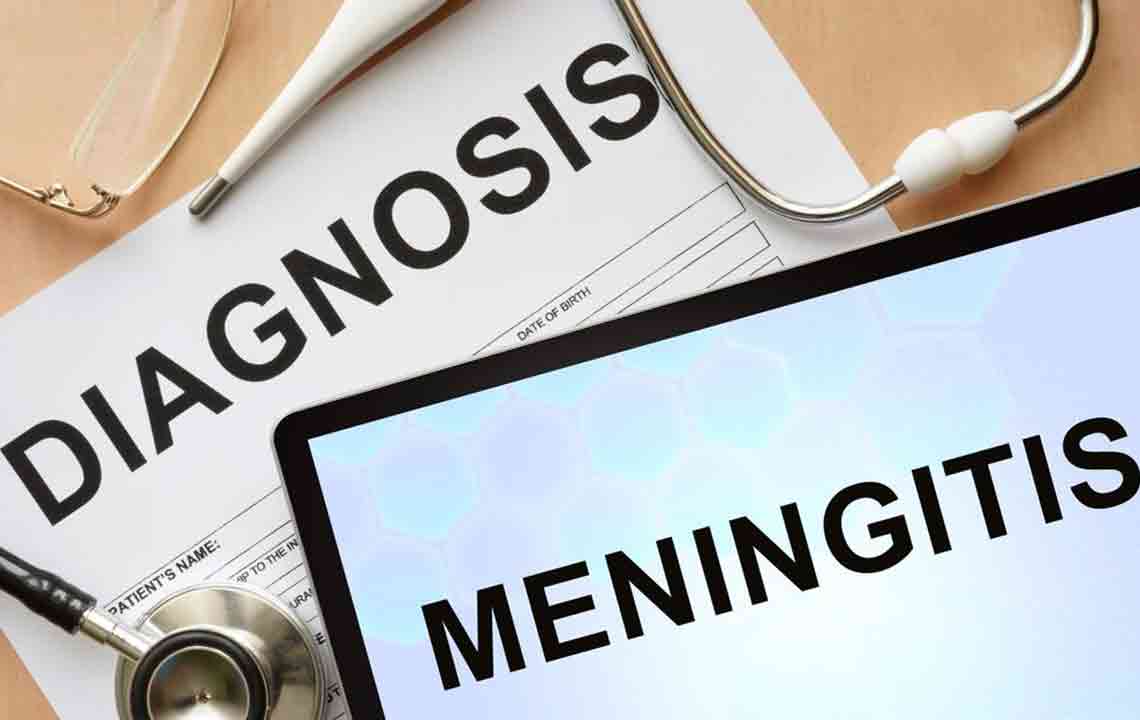Recognizing the Symptoms and Causes of Meningitis
Learn to identify the key signs and causes of meningitis, including symptoms in adults and infants, common bacterial and viral pathogens, and effective prevention strategies. Recognizing early symptoms and maintaining good hygiene are vital for avoiding this serious infection. Vaccinations play a crucial role in protection, and prompt medical consultation can lead to successful treatment, reducing the risk of severe outcomes. Understanding how meningitis spreads and taking preventive measures can help safeguard your health and that of your loved ones.
Sponsored

If you're experiencing symptoms like sore throat and confusion, it's important to consider meningitis as a possibility. Despite similarities to the flu, understanding the signs of meningitis can be life-saving. Early detection is crucial for effective treatment.
Signs and Symptoms of Meningitis
Symptoms can appear rapidly or develop over several days. Key indicators include severe headache, stiff neck, and fever, which may signal meningitis.
Additional signs include:
Persistent vomiting and nausea
Confusion and drowsiness
Sensitivity to bright lights
Decreased appetite
Seizures, which can lead to coma
Infant symptoms:
Irritability
Fever
Poor feeding
Lethargy
Bulging soft spot on the forehead
Signs if bloodstream is involved:
Stomach pain
Cold hands and feet
Muscle and joint pain
Rapid breathing
Chills
Causes of meningitis
Meningitis results from bacterial and viral infections.
Bacterial causes include:
Neisseria meningitidis: Commonly found in throat carriers, this bacteria can cause severe blood infections and spread via kissing, shared drinks, or sneezing. Vaccines and antibiotics help prevent and treat it.
Haemophilus influenzae: Particularly dangerous for children, vaccines offer protection, and transmission occurs through saliva contact.
Streptococcus pneumoniae: Usually residing in the throat, this bacteria can cause pneumonia and meningitis; it’s not spread through coughing or sneezing.
Viral causes include:
Viruses from stomach infections, herpes, measles, and West Nile Virus can lead to viral meningitis. West Nile is rare but serious.
Meningitis can affect all ages but is more common in young children and the elderly, especially those with weakened immune systems or living in crowded conditions.
Most infections spread through tiny droplets from the nose and throat, especially in close-contact settings like families, schools, and crowded living areas. Sharing utensils or towels increases risk, but not everyone exposed will develop the disease.
Preventive steps for meningitis include:
Practicing good hygiene—regular handwashing, sanitization, and cleaning after outdoor activities.
Using separate utensils and towels.
Getting vaccinated for yourself and children, especially if at high risk.
Early diagnosis and lifestyle awareness are key. If symptoms appear, consulting a healthcare provider promptly can improve outcomes and prevent complications.






